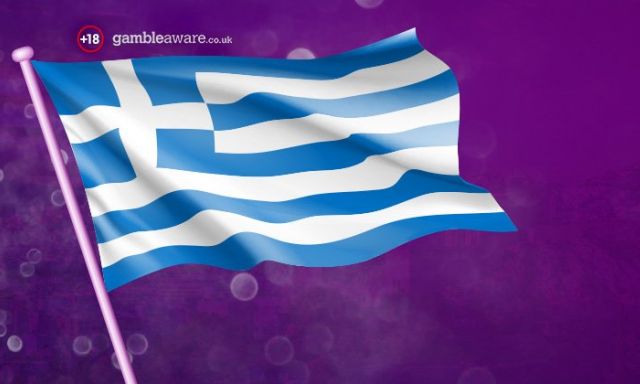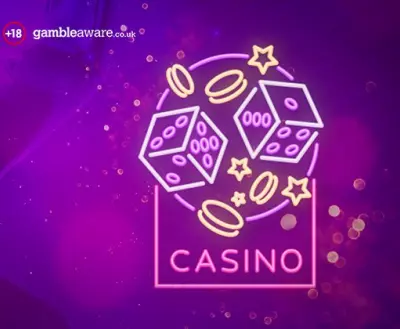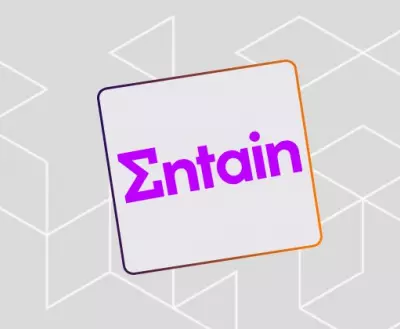Once home to one of the world’s leading civilisations, Greece has succumbed to economic malaise in recent decades, thanks in no small part of economic mismanagement and a lack of productivity relative to its neighbours. The Greek debt crisis caused, and continues to cause significant hardships for ordinary citizens, as well as its knock-on effects throughout the Eurozone, years after the initial issues with Greek sovereign and bank debt came to the fore.
Since then, under somewhat enforced austerity from the European Union, the Greek authorities – even under the far left government and after a referendum to default on the debt to its European neighbours – have had no option but to slash public spending, hike taxes, and set about on their course of hard economic medicine.
At times like these, any government would have to consider its options. The Greeks did, and turned to their gambling sector, in part, to help pick up the slack. This resulted in the decision to legalise VLTs, or video lottery terminals, in order to bring an already hugely popular Greek pastime into the mainstream.
The position in Greece is the perfect example of a government which had objected to gambling in the first instance, but ultimately yielded to consumer demand, and the promise of generous tax revenues – a requirement made all the more acute by Greece’s unique fiscal malaise. Now, those revenues are coming home to roost, with figures topping record highs for the amount being sent back to state coffers.
In 2017, the sector brought in as much as 662.0 million in gambling taxes, up almost 20% on the figures from a year previous. Yet still, according to the country’s Financial Police, an estimated 100,000 or so VLT machines continue to operate outside of the legalised structure, posing opportunities for harvesting even more revenue with more effective enforcement in the years to come.
VLTs have long been a popular choice for Greek gamblers, despite the fact that they were illegal until very recently. The previous legal restrictions were largely ineffective, due to a combination of rampant disobedience and minimal fines for enforcement – unlikely to deter either players or operators from offering up VLT machines.
This had allowed the market to grow to as much as half the value of the UK’s lucrative FOBT market – a market which finds itself under separate scrutiny in the UK at the moment, as previously discussed. But by choosing to embrace reality, rather than to enforcing an ideal world, the Greek government have already reaped the rewards.
The government has also attributed much of the growth in the sector to online gambling operators, who have experienced their own impressive results over the period. One of the largest legal operators in Greece, OPAP, has posted record-breaking results of their own, with revenues up 2.5% on the last 12 months – hitting 409.0 million, up over 10.0 million on the previous year.
Damian Cope, CEO of OPAP, said that despite the challenging market conditions in Greece, both for operators directly and for their consumers, in terms of disposable incomes, said the firm was on way to delivering their vision of growth by 2020.
“2017 was a particularly busy year in terms of the overall level of change that OPAP underwent. Beginning with the new partnership agreement that we signed with our agents in Q1 we managed to successfully implement a number of new initiatives that will each act as solid foundations for the long-term benefit of the company and ensure the delivery of our 2020 Vision.”
For the Greek government, more gambling-friendly policies could continue to drive growth in the sector, with operators like OPAP and others primed to capitalise on growing consumer demand. With online operations, and now VLTs, being increasingly braced by the authorities, they may well now have an appetite for the much-needed revenue legitimate, controlled online gambling sectors can deliver.








